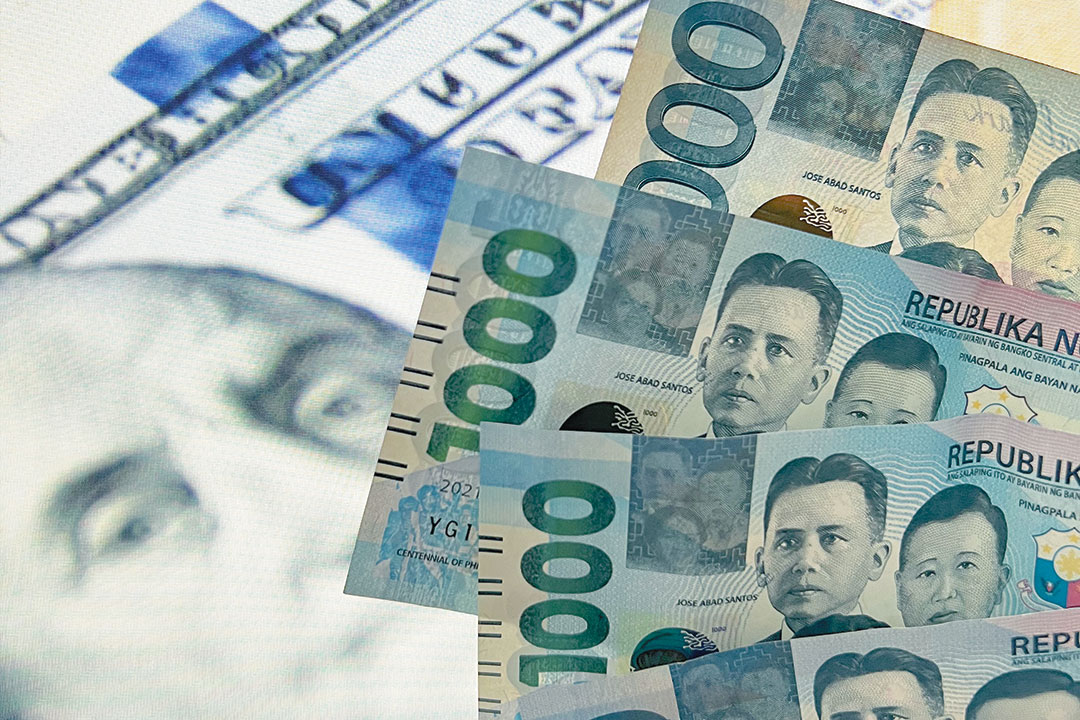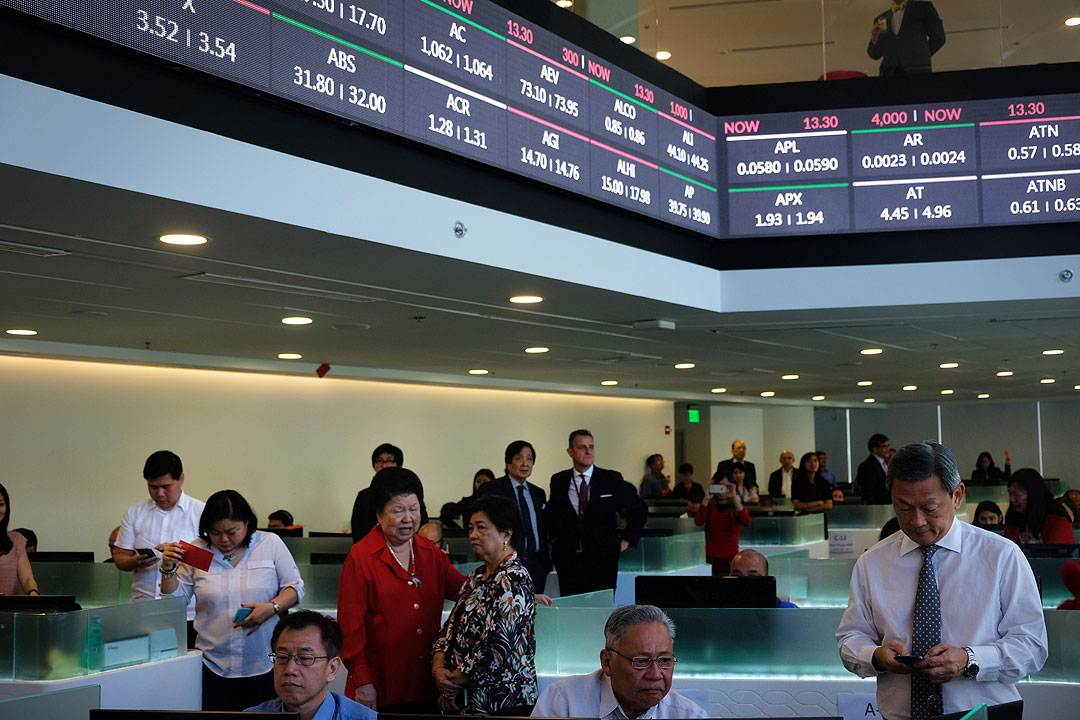
Upgrade to High-Speed Internet for only ₱1499/month!
Enjoy up to 100 Mbps fiber broadband, perfect for browsing, streaming, and gaming.
Visit Suniway.ph to learn
 FREEPIK
FREEPIKWITH THE RISE of internet usage, the methods of persuasion have been transformed. There is a new breed of endorsers that promote opinions, analysis of events, and, of course, products and services. These “influencers” are not always mere observers of current events. They are often hired to promote certain opinions on personalities and endorse commodities for consumption.
Influencing has become a crowded and competitive field. The gauge of persuasive power (and fees that can be demanded) is measured by the number of “followers.” This is not always an independent count of real fans, as there are troll farms that can boost the number of clicks mechanically.
Reviews, endorsements, and opinions are presumed to be based on experience, knowledge, analytical skills, and independent evaluation. These are projected as unbiased opinions, provided objectively for the benefit of the consumer. But are they untainted by bias and self-interest?
A food blogger may be a secret PR consultant of the restaurant group she praises to high heavens in her postings, promoting her comments as objective third-party reviews. She may even suggest a dish “to die for.”
An art reviewer, who has an inventory of the works of a particular artist, hypes up the artist’s work without disclosing his self-interest. The favorable review is intended to increase the value of his personal collection.
Robert Hughes, once the long-time art critic of Time, made sure not to own any paintings or art works at all, keeping his walls at home bare. He could never be accused of favoring certain artists he owned.
He even downplayed the importance of his job as an art influencer: “One gets tired of the role critics are supposed to have in this culture. It’s like being the piano player in a whorehouse; you don’t have any control over the action going on upstairs.”
Behavioral economics has defined the concept of “asymmetry of information.” One party in a transaction may have more knowledge than his counterpart. In the sale of a used car, the seller has more information than the buyer on how good (or bad) the product is. Is the price fair? Thus, insider trading in stocks is considered illegal, as one party has information not yet publicly available that allows him to buy or sell a stock from an unwary counterparty.
There may also be the case of declaring and then withdrawing announcements on tariffs that sends the stock market up and down. One party has more knowledge than the rest of the world.
Experts too have an informational advantage over those seeking their opinion. The view they give may not be free of any gains they may reap from a certain evaluation.
An orthopedic doctor may prescribe for a patient’s difficulty in walking an expensive replacement of the knees. (You will be in a wheelchair in six months if you don’t do this.) Is this why a second opinion is sought? (You can try rehab first, like swimming and come back after three months if there is no improvement.)
Prior disclosures for board of directors and officers of private companies, especially those listed in the stock exchange, are intended to identify connections with other companies as well as with relatives to the second degree who may deal with the company in the future. This ensures that dealings with “related parties” are properly disclosed and kept at “arm’s length.”
There is no substitute for forming one’s own opinion from study and due diligence. Information can be solicited from outside sources or scientific findings. The role of the self-appointed “expert” now ensconced online is often without any real basis. In traditional publishing, there is still the editorial staff to vet opinions worthy of publication. In a controversy between two parties, each side’s position is sought.
With the rise of AI and fake news, the biased opinion has become commonplace. And the “confirmation bias” feeds this prejudice. Do we not read only the posts of those who hate the people we also hate? (Is there an echo here?)
Bias can be a vicious cycle, as the “followers” just confirm what they already feel about issues. The biased opinion has become the rule in social discourse. And that’s an unbiased observation.
Tony Samson is chairman and CEO of TOUCH xda




